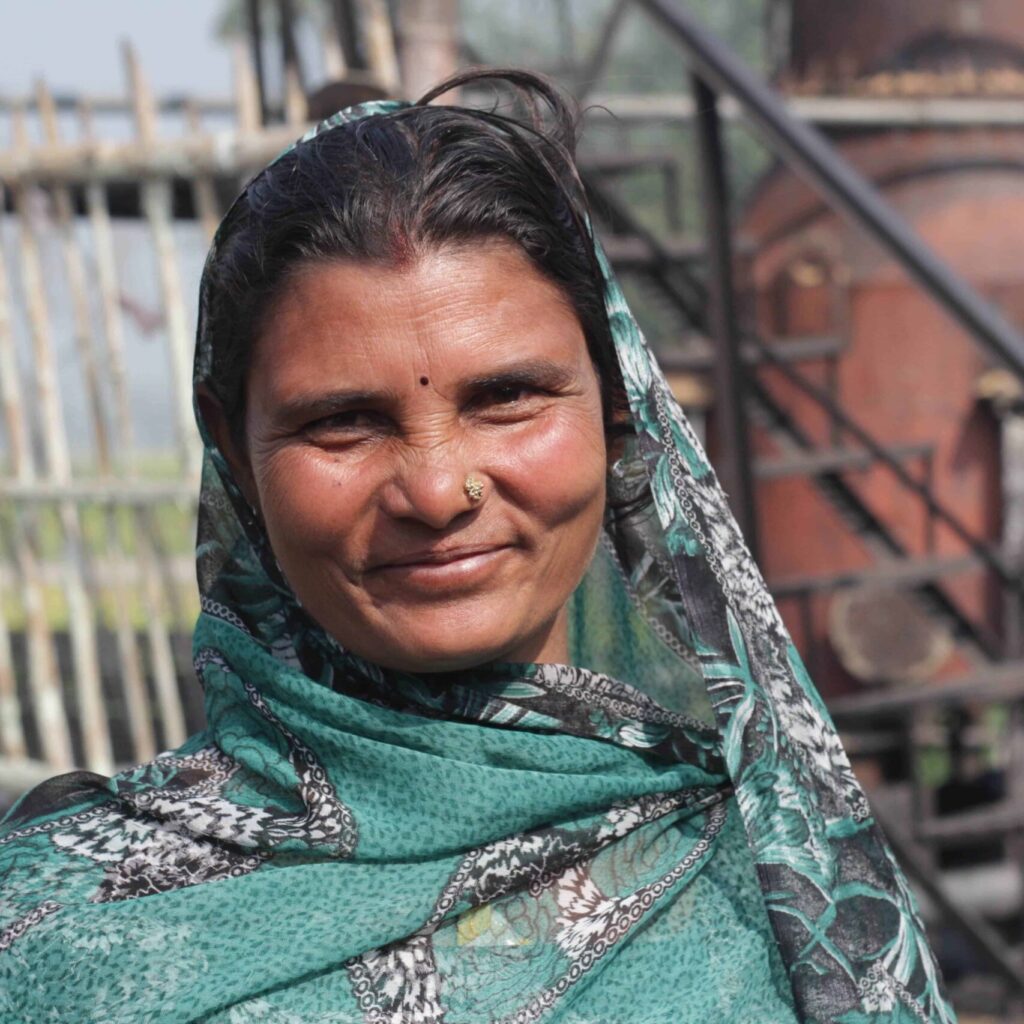Husk Power Systems

Converting rice husks and other biomass into clean energy to power remote villages
- Company
- Energy
- India
- 2010
- Active
The challenge
In rural India, 45 percent of households lack access to electricity. In states like Bihar, Orissa and Uttar Pradesh – among the poorest in India – 80 to 90 percent of households are un-electrified. Villagers rely on kerosene lanterns for household light and diesel generators for irrigation and commercial power. Both are expensive and destructive to health and the environment.
The innovation
Husk Power Systems (HPS) was founded in 2007 to target the 20,000 villages deemed out of reach by the Indian government. The company takes agricultural waste, rice husks otherwise left to rot, and converts it into gas that powers an off-the-shelf turbine to generate electricity. Each HPS plant serves two to four villages. User fees depend on the number and type of electrical appliances subscribers own.
The company keeps costs low by running insulated wires along bamboo poles to subscribing households, businesses and farms. It also receives a capital expenditure subsidy of up to 66 percent per system cost from the Indian Ministry of Natural and Renewable Energy.
The impact
Husk Power Systems extends villagers’ activities beyond daylight hours, promoting economic development and microenterprise; reduces indoor air pollution, improving health; increases the time children can study, improving education; reduces the amount of time women spend collecting firewood, increasing gender equality; and reduces emissions, protecting global and local environments.